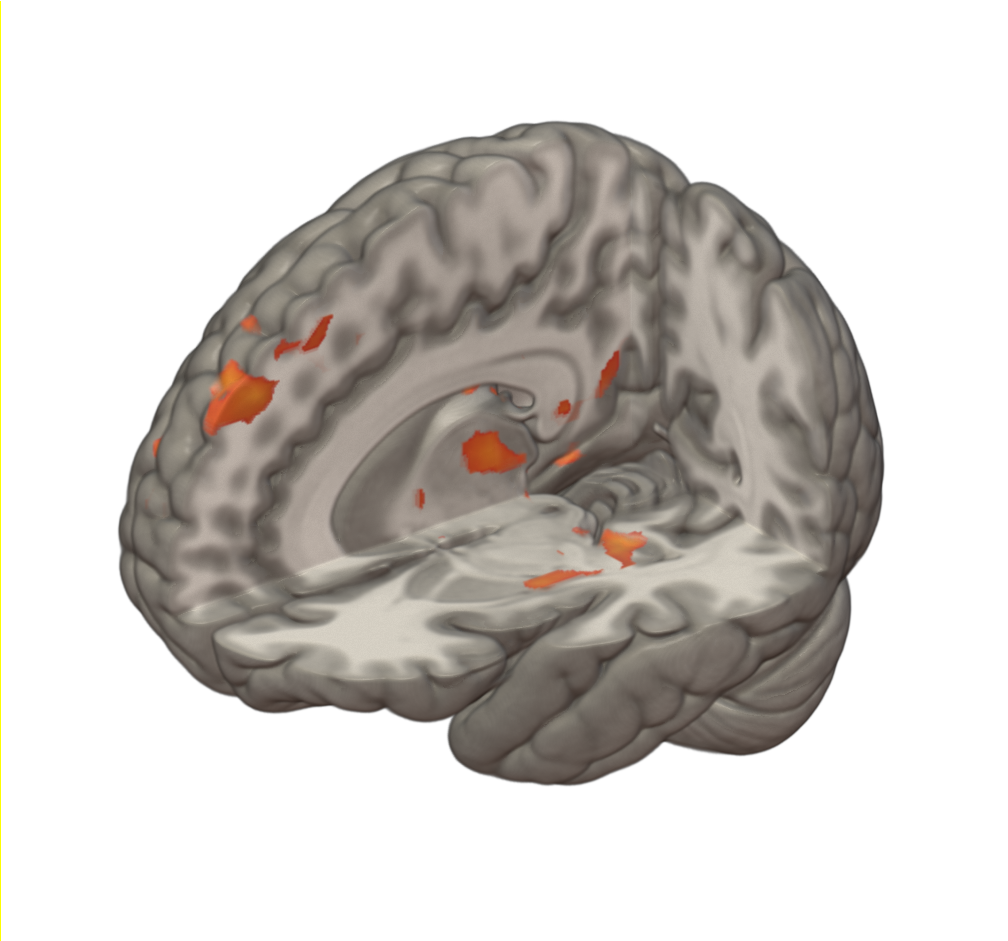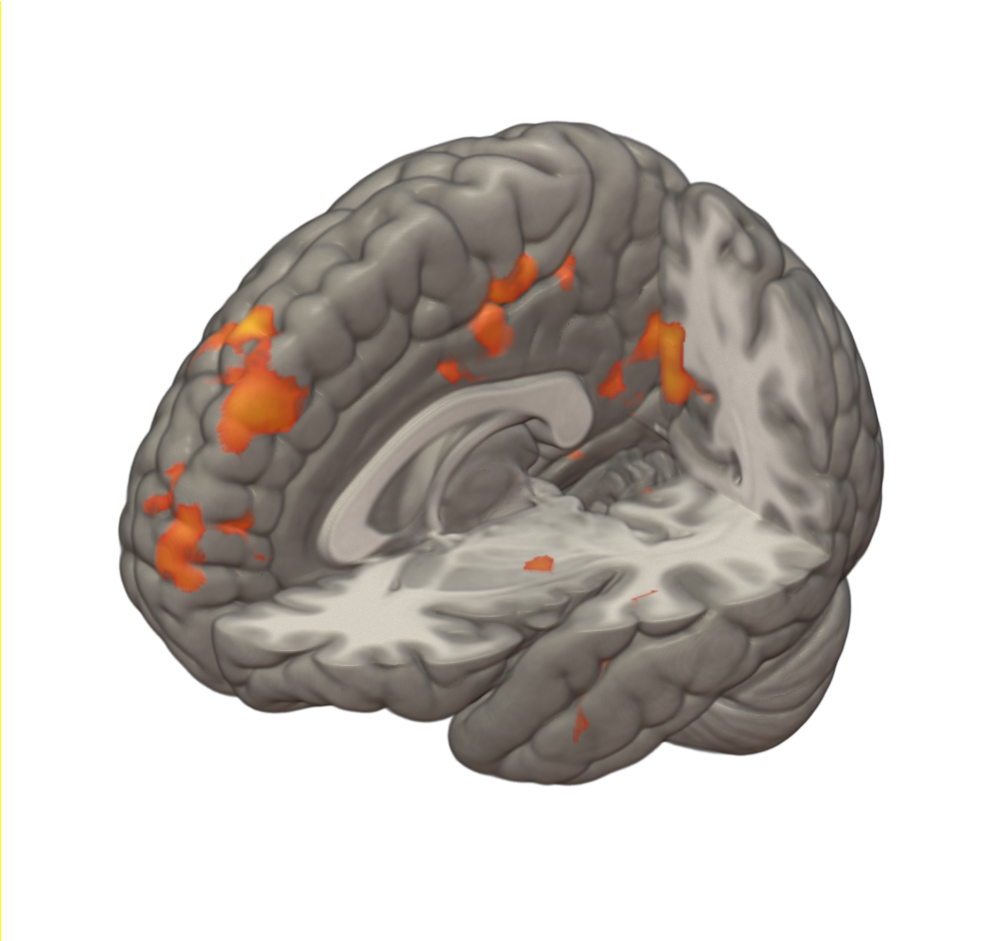The hormone kisspeptin can enhance activity in brain regions associated with sexual arousal and romantic love, according to new research conducted at the Imanova Centre for Imaging Sciences, in collaboration with Imperial College London.
Kisspeptin is a naturally occurring hormone that stimulates the release of other reproductive hormones inside the body. The study involved a double-blind, placebo-controlled trial in which 29 healthy heterosexual young men were given either an injection of kisspeptin or placebo. In an MRI scanner the men were shown a variety of images, including sexual and non-sexual romantic pictures of couples, whilst researchers scanned their brains to see how kisspeptin affected the brain’s responses.
The researchers found that after the injection of kisspeptin, when the volunteers were shown sexual or romantic images of couples, there was enhanced activity in brain regions typically activated by sexual arousal and romance.
Dr Matthew Wall (Head of the MRI Applications group at Imanova) said: “We were thrilled to be a part of this ground-breaking research led by Professor Waljit Dhilllo’s group in the Department of Medicine at Imperial College London. This is the first study to examine the brain effects of kisspeptin in humans, and the results significantly enhance our understanding of the physiological relationship between the brain, and the wider reproductive hormone system.”
The team is planning further work to test the effects of kisspeptin on larger groups of subjects, including women as well as men. Ultimately it is hoped that kisspeptin might be a useful treatment for psychosexual disorders, or for some types of infertility.


This study is the cover article in the February edition of The Journal of Clinical Investigation (see article http://jci.org/articles/view/89519) and a short video explaining the study can be found here https://youtu.be/wNeUgBQkvhE
